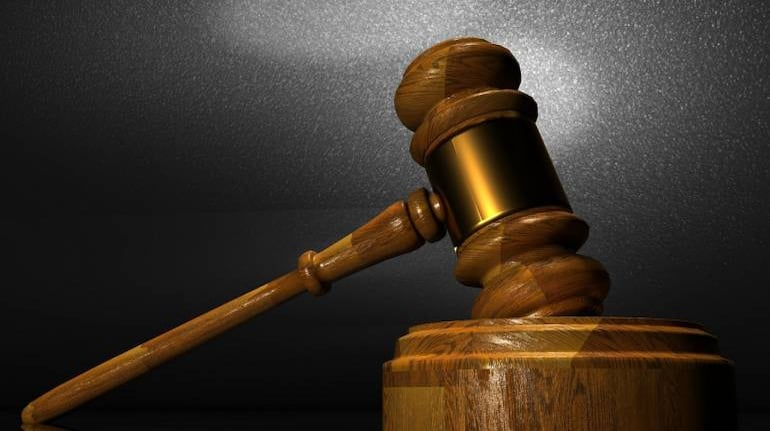



In 1988, the then Democratic Party’s candidate for American President, Michael Dukakis, a staunch opponent of death penalty, had a major on-screen gaffe. During the presidential debates, he was asked whether he would still support the death penalty if it was his wife who was raped and murdered. He replied in the negative. That answer is widely considered to have cost him the election, which was won by his opponent George HW Bush, as Dukakis came across as a weak and faint-hearted liberal.
Eight years later, Bill Clinton, when asked the same question took no chances. He affirmed his support for the death penalty. Politicians in India too have been largely wary of publicly standing up for ‘due process’ in cases that shock our conscience, and for good reason that it an invitation to immediate public anger. However that is all the more reason why we must ask whether ‘revenge’, that is, ‘an eye for an eye’, has any place in civilised society.
Over the weekend, the Chief Justice of India stated that justice cannot be instant, and that it loses its character (as justice) if it becomes revenge. He could not be more correct. Centuries ago, both in India, as well as abroad, we reserved the most brutal of punishments for public enemies. Crucifixion, boiling to death, and being sawed in half, were all practiced as State-sanctioned punishment. More recently, as late at the 17th century, the pillory was used to humiliate the accused, as was another practice known as ‘Tarring and Feathering’. However, as a society we evolved to develop ‘due process’ as a concept and humane forms of punishment not because perpetrators of barbaric crimes deserve any less, but because we concluded that the answer to that is not more barbarism.
Just as importantly, two other factors must be underlined. Often the quality of our evidence is not absolute. Even in heinous crimes courts go by circumstantial evidence, which can often be inconclusive. Michael Morton, a Texas man, was imprisoned for 25 years for killing his wife. Then, as DNA technology began to be reliably accepted in courts, he was proven innocent, and the real killer was caught.
In India, holes in the prosecution’s case (which are legitimate defences available to the accused) are often brushed aside by courts with the reasoning that perpetrators should not get away because of the incompetence of the police. The death penalty takes away our ability to make amends.
Even more shockingly, earlier this year the Supreme Court acquitted six men, almost 12 years after they were sentenced to death penalty for rape and murder of five people and raping two women [Ankush Maruti Shinde & Ors. vs State of Maharashtra]. This is not an isolated case. In another case heard by the court this year, it found that a death-row convict could have been not more than 14- or 15-years-old at the time of the crime, a fact that was suppressed by the police.
In most of these cases, the accused/convicts are so poor that they are not able to get themselves strong legal representation, which would make all the difference, dooming them. The irony in both these cases was that the men got a second hearing at the Supreme Court only because of a recent court judgment that said that review petitions in death penalty cases must be heard fully in open court. If they were sentenced to life-imprisonment, for instance, they might have died guilty.
So what about the perpetrators? Contrary to popular narrative (which is often swayed by high-profile instances), Indian courts are rather harsh in cases of rape. Delays, while undeniable, are also not as drastic as in regular cases. For example, an average trial in a rape case takes 122 days, according to data collected as part of the Zero Pendency Courts project by the Delhi High Court. One must remember that in the oft-touted ‘Nirbhaya’ case, only the hanging has been delayed. The fast track courts convicted the accused, and their appeals were heard at length, swiftly, and they have been incarcerated till date. Hardly an example of justice denied or delayed.
Therefore, the public clamour for, as well as the outpouring of support for, extra-judicial killings as happened in Hyderabad, is not only dangerous, but is also taking us back as a society by centuries, and towards philosophies such as that of the Islamic State, which we derisively look down upon.
Abraham C Mathews is an advocate based in Delhi. Twitter: @ebbruz. Views are personal.
Discover the latest Business News, Sensex, and Nifty updates. Obtain Personal Finance insights, tax queries, and expert opinions on Moneycontrol or download the Moneycontrol App to stay updated!
Find the best of Al News in one place, specially curated for you every weekend.
Stay on top of the latest tech trends and biggest startup news.